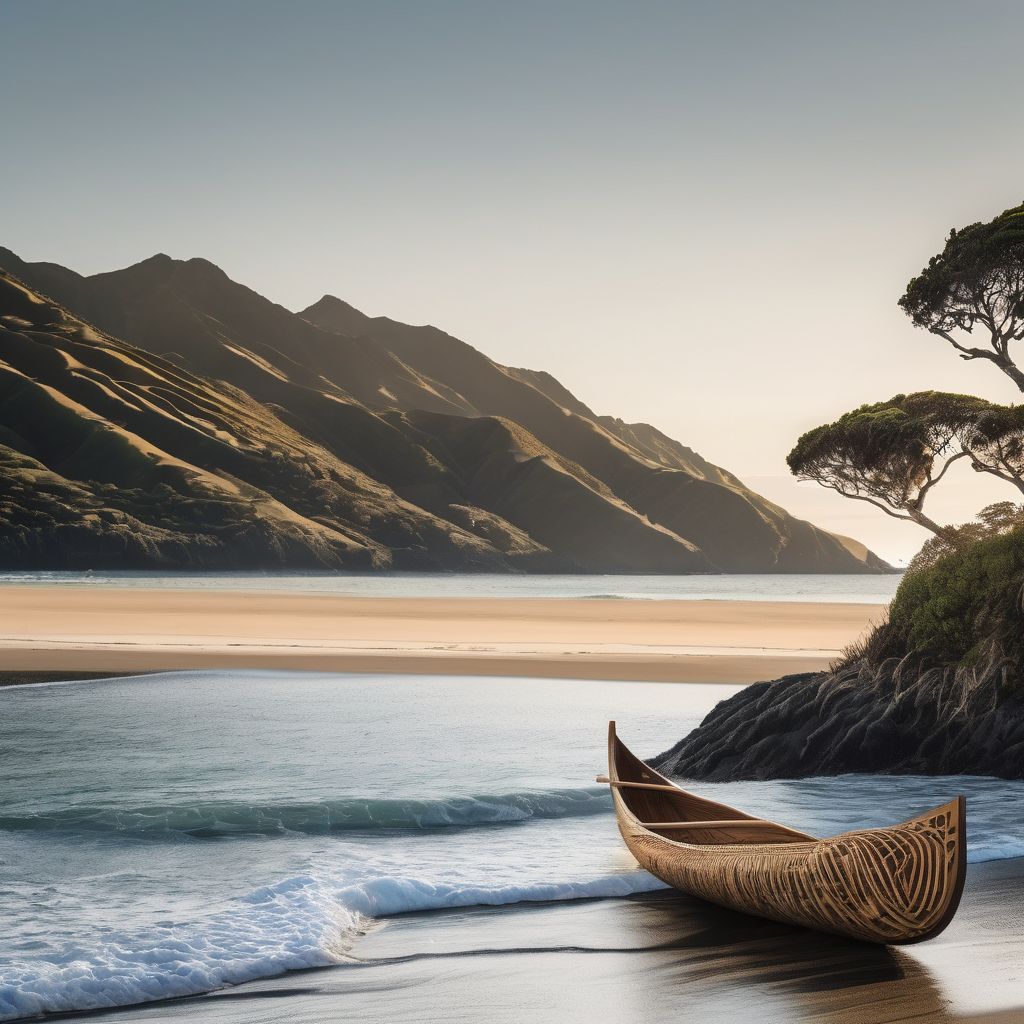A recent initiative by the New Zealand Government to amend customary marine title laws is raising alarm among Māori communities and is drawing attention from Pacific communities. The proposed modifications to the Marine and Coastal Area (Takutai Moana) Act are perceived as detrimental to the rights of Māori iwi and hapū, making it increasingly difficult for them to assert legal recognition of their ancestral rights over the ocean and coastlines. Veteran Māori activist Reuben Taipari has described these changes as a “massive confiscation” that not only impacts Māori but also has troubling implications for Pasifika.
Taipari emphasized that Māori rights are interconnected with the rights of all immigrant communities in New Zealand, urging solidarity among Pacific populations. He asserted that if the rights of Māori are compromised, others will face similar risks. From Samoa to Tonga, deep connections to the ocean are woven into the identities of Pacific peoples, making this legislative move highly significant.
Introduced in 2011, the Marine and Coastal Area Act allows Māori to apply for Customary Marine Title, acknowledging their ancestral rights to specific coastal areas. However, the process is already very stringent, demanding proof of exclusive use dating back to 1840. Justice Minister Paul Goldsmith argues the government’s revisions are intended to “restore the law to its original intent,” yet critics view this perspective as a re-enactment of colonial practices.
The changes spurred parallels with the controversial Foreshore and Seabed Act of 2004, which ignited significant Māori protest movements and was eventually repealed. Moreover, even former National Party MPs, including Chris Finlayson, have condemned the government’s intentions, amplifying concerns that the amendments undermine both the Treaty of Waitangi and democratic integrity in New Zealand.
As Māori and Pacific youth navigate an increasingly hostile political climate—with regressive measures towards Māori wards and public denouncement of the Māori language—Taipari’s message remains one of resilience and pride in cultural identity. He emphasizes the unity of Māori and Pacific cultures, advocating collective action in the face of injustice.
Community leaders across the Pacific are echoing calls for solidarity with Māori. Tagaloatele Professor Peggy Fairbairn-Dunlop notes that these reforms threaten a shared vision of equality in New Zealand, positing that the protection of Indigenous rights ultimately strengthens the rights of all.
The government is moving swiftly to enact these changes with limited public discourse, prompting opposition parties like Te Pāti Māori, Labour, and the Greens to promise repeal if they regain power. The Green Party strongly criticizes the passing of the Marine and Coastal Area Amendment Bill as detrimental to Māori rights, suggesting a prioritization of profit over sacred cultural heritage.
In light of this turbulent backdrop, it is crucial for Pacific and Māori communities to engage in advocacy, participate in consultations, and assert their voices against the proposed legislation. The battle for marine rights transcends legalities; it is a fundamental question of belonging, representation, and the safeguarding of rights that, if lost by Māori, could foreshadow similar losses for Pasifika communities in the future. As Taipari poignantly concludes, the ocean serves as a binding link, urging collective stand against any division.
